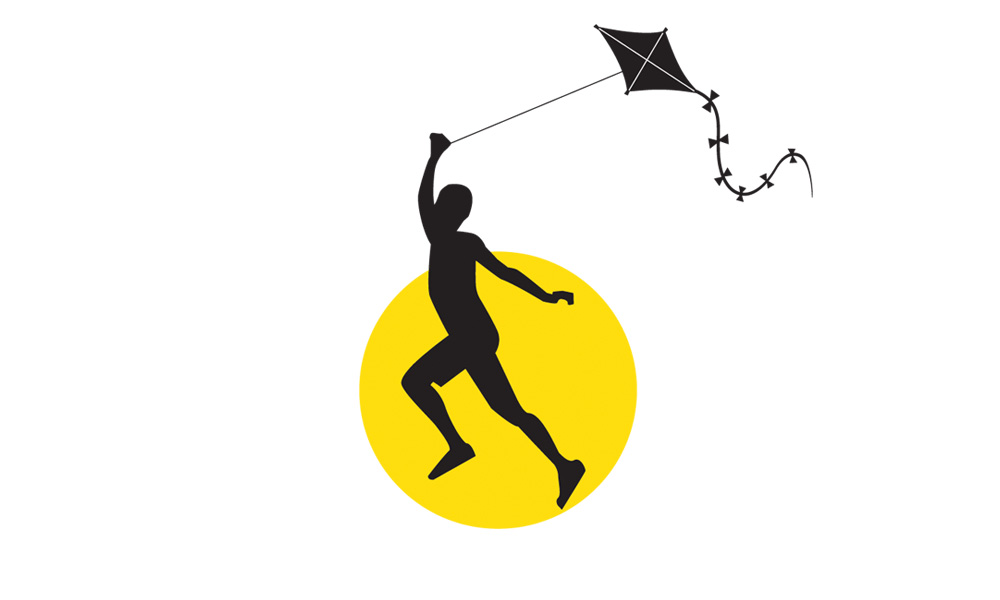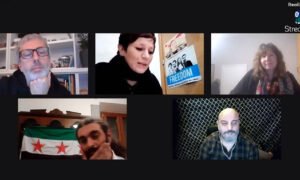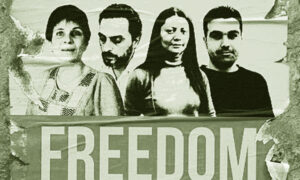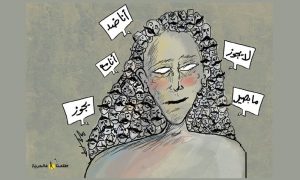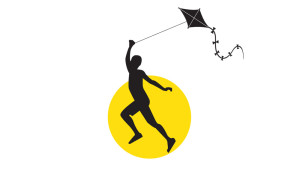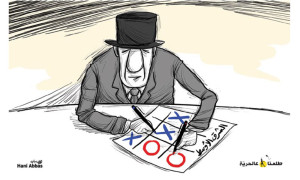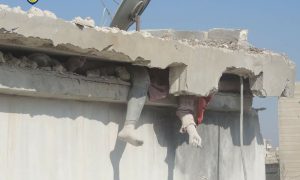By Orwa Mikdad
Eight years ago, it was a mere dream to publish an article in the government newspapers (Tishreen, Baath, Al-Thawra) that I contacted a long time ago, but like many of my peers, got no response,. Perhaps I was that immature writer at that time. Well, I don’t claim the opposite now. The market and the extent of promotion are the judge here.
The private newspapers were not in a better situation, such as Baladna and Al Watan. I recall the first time I entered the offices of Al Watan newspaper. I wanted to convince the chief editor to consider an article I wrote that time about the Souque El Harameya (Market of Thieves), adjoining the Ministry of Interior. I never got back to that newspaper again. His frowning face was enough to force me to collect my papers and flee before the security patrol arrived. The Lebanese and Arab newspapers that enjoyed a wider freedom of expression did not have space for young writers who try to express themselves. The veteran writers and journalists have occupied the entire space in these papers.
When the Syrian revolution erupted, I did not think of writing. The event was faster and heavier than being written about. Later on, I met with the Editor-in-Chief of Soriyatna Newspaper (Our Syria). The establishment of the newspaper was at an early thinking stage at that time. I was amazed by the idea of the paper that was similar to the idea of circulating a communique, emphasizing the idea that journalism is written by the people and for the people.
The Soriyatna project was launched. I and my other colleagues and I in the paper, tried to cope up with the events and respond to them. A lot of newspapers that were launched during that period were printed and circulated manually.
During the first year of the revolution, the print media represented a unique and exceptional case in the civic work. The experience could have enriched the public mobilization if allowed to work and react in a better way. However; with the escalation of the military action that distinguished the Syrian revolution, the work of newspapers witnessed a reverse. This decline was due to several factors, in addition to the nature of the military action. These newspapers avoided addressing the armed revolutionary youth on one hand, and on the other, they insisted on maintaining neutrality in commitment to the general professional journalistic standards.
Moreover; the language these papers used did not meet the needs of the armed revolutionaries, who did not have enough time to read long analyses that appeared to be coming from another world than theirs.
I recall four years ago when I proposed publishing a weekly several-page annex, addressing the insurgents and the revolutionaries in a simple and clear language. My proposal was rejected and those who were working in the field of revolutionary publications refused to cooperate with the idea.
I moved to the liberated areas in northern Syria, at a time when the print media was flourishing at the financial level and in style. Those newspapers started attracting a large audience, although they did not reflect the facts on ground all over Syria. These publications succeeded in keeping their continuity, thanks to the foreign support, however; they failed in building up a concrete discourse that can address the people’s concerns. That might seem unfair, but we cannot ignore the huge destruction and the people’s traumas that are taking place on a daily basis. This situation resulted in a sharp gap in the society between militants, civilians and extremists.
As the civic mobilization and national identity awareness were the reasons behind the flourishing of publications at that time, the reason behind their decline was the absence of this civic mobilization, destruction of identity and sticking to the supposed civic mobilization that was already absent.
The revolution has created a margin for expression that helped me to establish a newspaper of my own and not just writing an article for other newspapers. That was one of the gains of the revolution that will never fall in spite of the huge destruction and bloodshed. The rise and decline of publications is another issue that has no association with this fact.

A Syrian semi monthly, independent, political, cultural, social, and economic magazine

